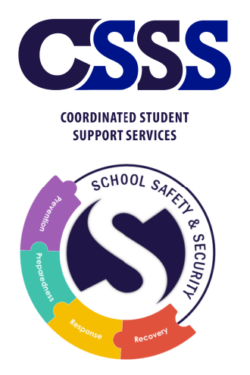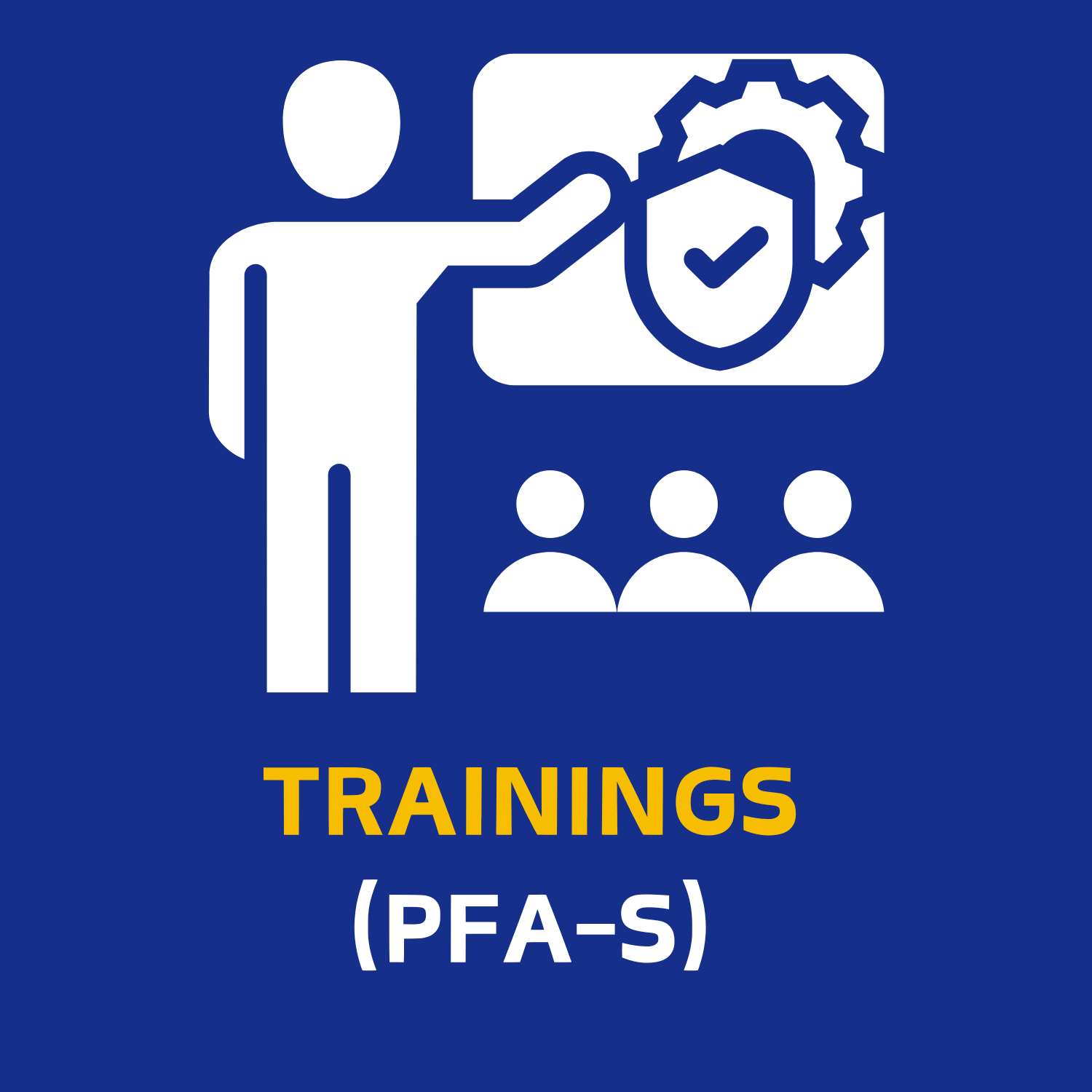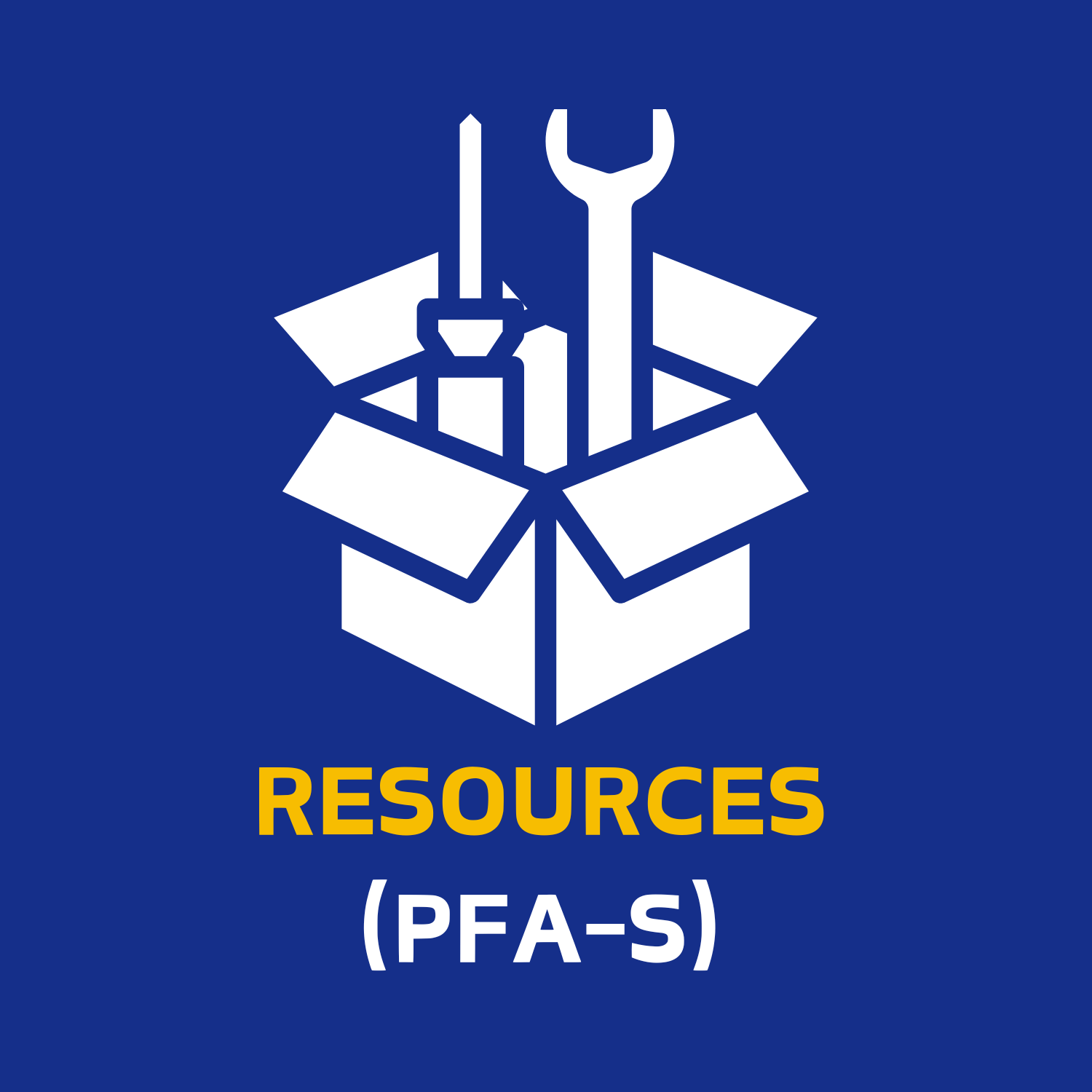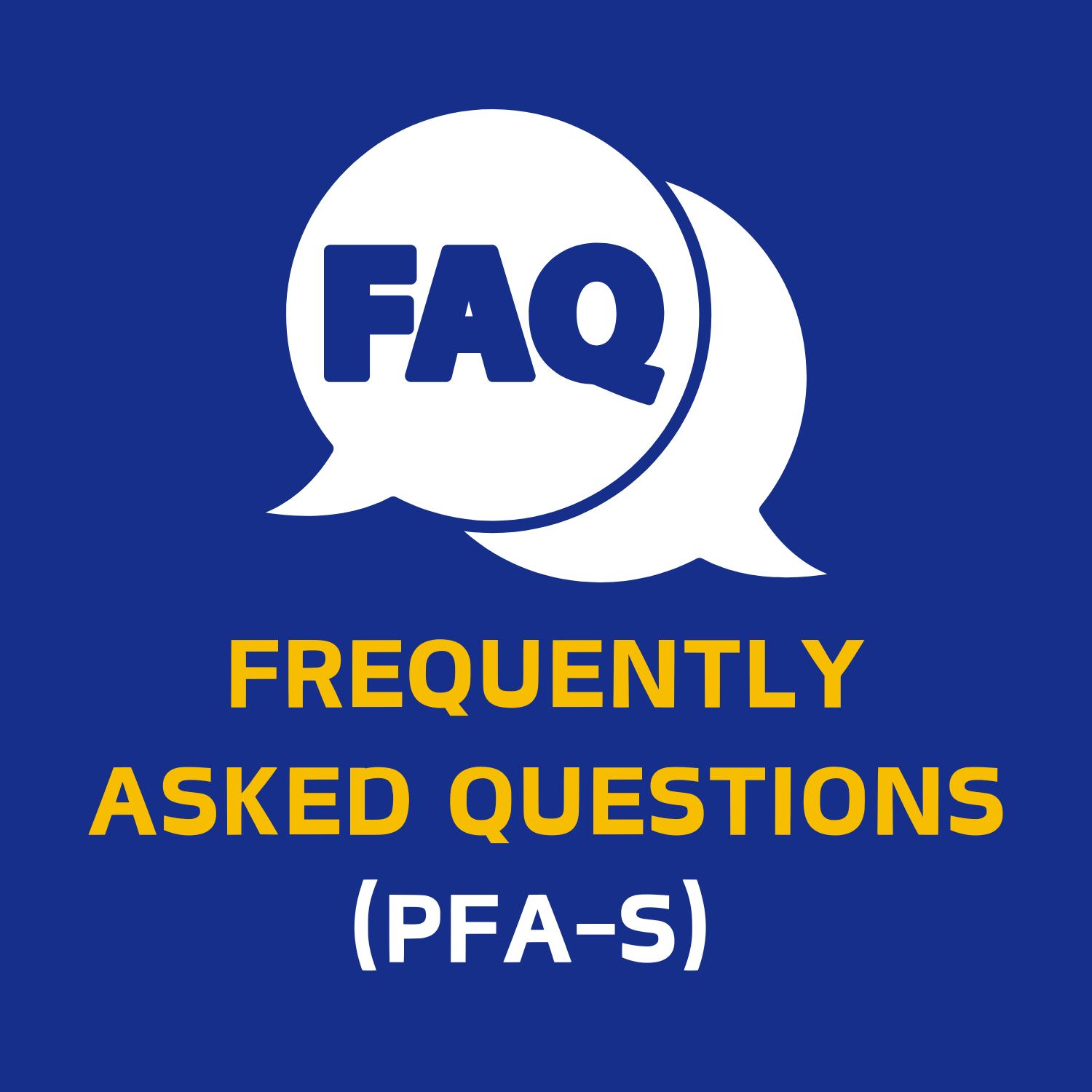Psychological First Aid for Schools (PFA-S)
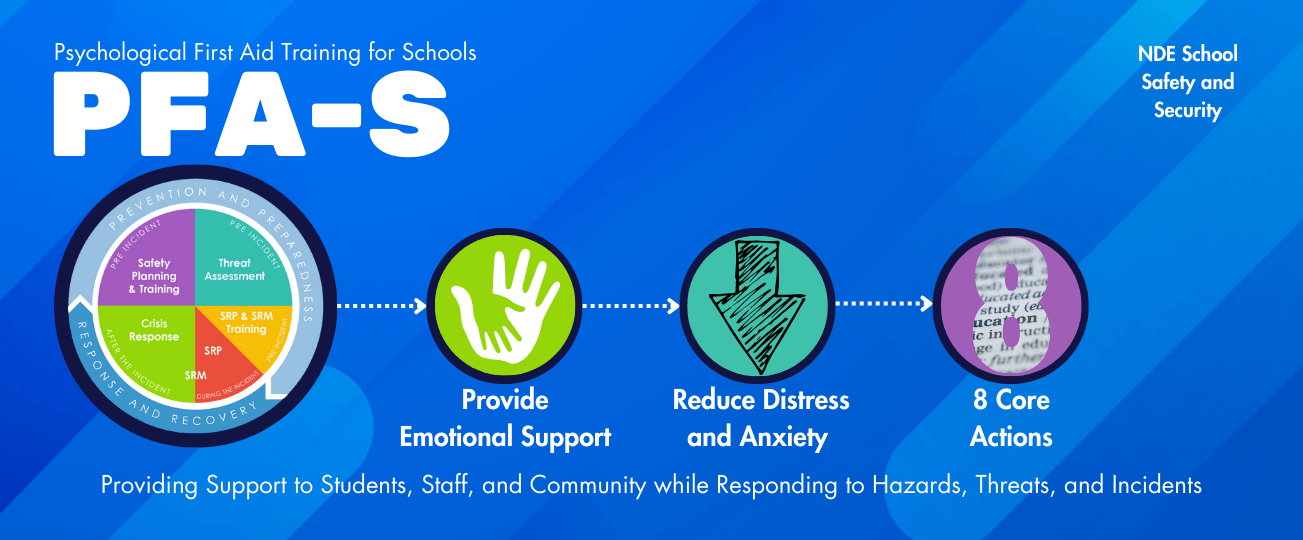
 The Psychological First Aid for Schools (PFA-S) program trains school staff and equips them with effective crisis response strategies. The program’s main objective is to ensure the safety and well-being of students, staff, and families by being prepared and responding quickly during crises. PFA-S focuses on eight core actions: initiating contact, ensuring safety, stabilizing emotions, gathering information, establishing support networks, teaching coping skills, and facilitating collaborative services. The aim is to create a safe and supportive learning environment for everyone involved, and the PFA-S team responds to any hazards, threats, or incidents in the district. We train all staff members in every school district building using the Nebraska School Safety model, which offers a common language and evidence-informed interventions to assist students, staff, and families. Our program builds resiliency and helps students and staff recover and utilize adaptive coping strategies.
The Psychological First Aid for Schools (PFA-S) program trains school staff and equips them with effective crisis response strategies. The program’s main objective is to ensure the safety and well-being of students, staff, and families by being prepared and responding quickly during crises. PFA-S focuses on eight core actions: initiating contact, ensuring safety, stabilizing emotions, gathering information, establishing support networks, teaching coping skills, and facilitating collaborative services. The aim is to create a safe and supportive learning environment for everyone involved, and the PFA-S team responds to any hazards, threats, or incidents in the district. We train all staff members in every school district building using the Nebraska School Safety model, which offers a common language and evidence-informed interventions to assist students, staff, and families. Our program builds resiliency and helps students and staff recover and utilize adaptive coping strategies.
These videos describe how Psychological First Aid for School works.



